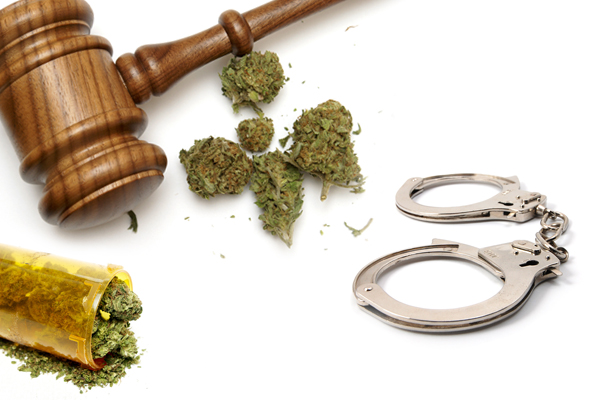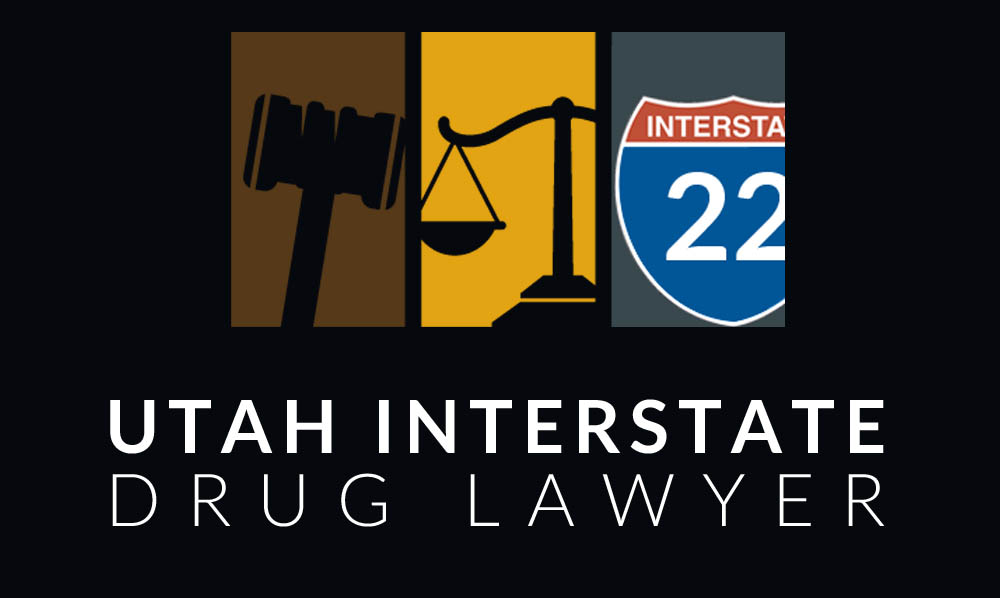Marijuana laws have transformed to the point where particular drug offenses no longer carry the severe charges they once used to. This means that rather than being dealt with a potential jail term when caught with small quantities of marijuana, the penalties for a person charged with possession commonly comprise of a small fine. It also implies that a charge of possession in a decriminalization state will primarily not lead to an arrest or any of the other punishments and procedures applicable to people charged with a criminal offense.
It must be revealed that when it comes to marijuana laws, decriminalization is not the exact same as legalization. To decriminalize something means that a state repealed or amended its laws to make certain acts criminal, but no longer subject to prosecution. In the marijuana context, this means individuals caught with small quantities of marijuana for personal use won’t be prosecuted and won’t subsequently receive a criminal record or a jail sentence. In many states, possession of small amounts of marijuana is treated like a minor traffic violation. States that have decriminalized marijuana include Alaska, California, New York, Minnesota, North Carolina, Oregon, and much of the Northeast.
The side effect of eliminating jail as a sentencing option for cannabis possession has generally been a good one. Despite concerns that drug use would increase because of decriminalization, there is little proof to show that this took place in any of the states that have decriminalized small quantities of marijuana. Reductions in the costs of enforcement and courts have implied that these funds can be spent elsewhere.
Marijuana Laws: What to Do If Busted Before Marijuana Decriminalization
Prior to the reform, people were arrested, convicted, and sentenced to jail (often for long periods of time) for simple possession. Marijuana laws have greatly changed, in some cases letting adults possess a small amount of marijuana, those actually sentenced are still in prison serving sentences to this very day.
If you are one of those unfortunate individuals or know someone who was found guilty before marijuana possession became decriminalized, or even legal, you are possibly thinking if there is any legal recourse that could help.
Marijuana Laws: Ex Post Facto Laws Are Prohibited
Under Article I, Section 9 of the U.S. Constitution’s, ex post facto laws are forbidden.
An ex post facto law is “a law that retroactively alters a defendant’s right, especially by criminalization and imposing punishment for an act that was not criminal or punishable at the time it was committed, but increasing the severity of a crime … by increasing the punishment for a crime … or by taking away from the protections afforded the defendant.”
In other words, laws can not be applied retroactively to convict you of a crime that wasn’t a crime when you committed it.
Marijuana Laws: Retroactive Amelioration Relief
A new law decriminalizing a crime can not be utilized to drop or end a conviction that took place prior to the new law’s passage unless the law has a retroactive amelioration clause.
Take for example Proposition 36, in which California amended the three strikes law to impose a life sentence only when a third felony conviction is serious or violent. Before the amendment, many were sentenced to life in prison for nonviolent crimes, like shoplifting. The change wouldn’t lessen their sentence, Proposition 36 also allowed courts to resentence offenders presently serving life sentences for nonviolent third strike convictions, allowing for retroactive ameliorative relief.
Though post-conviction relief varies from state-to-state in the U.S., amelioration usually demands to be clearly detailed by lawmakers for it to take effect. In a political system immobilized by the need of candidates to seem tough on crime, this seldom occurs.
Marijuana Laws: Applying for a Pardon
A pardon is one type of clemency– a privilege that is given to certain suspects or convicts that either lessens or removes their criminal liability. Clemency is primarily issued by the head executive of a jurisdiction (e.g., mayor, governor, or president), and a pardon, which often forgives all criminal liability for a person’s wrongdoing, is considered the highest form of clemency.
Recent Posts
- How To Get The Best Interstate Drug Trafficking Lawyer in Murray WY
- How To Get The Best Interstate Drug Trafficking Lawyer in Logan WY
- How To Get The Best Interstate Drug Trafficking Lawyer in Millard County WY
- How To Get The Best Interstate Drug Trafficking Lawyer in West Jordan WY
- How To Get The Best Interstate Drug Trafficking Lawyer in Cache County WY

